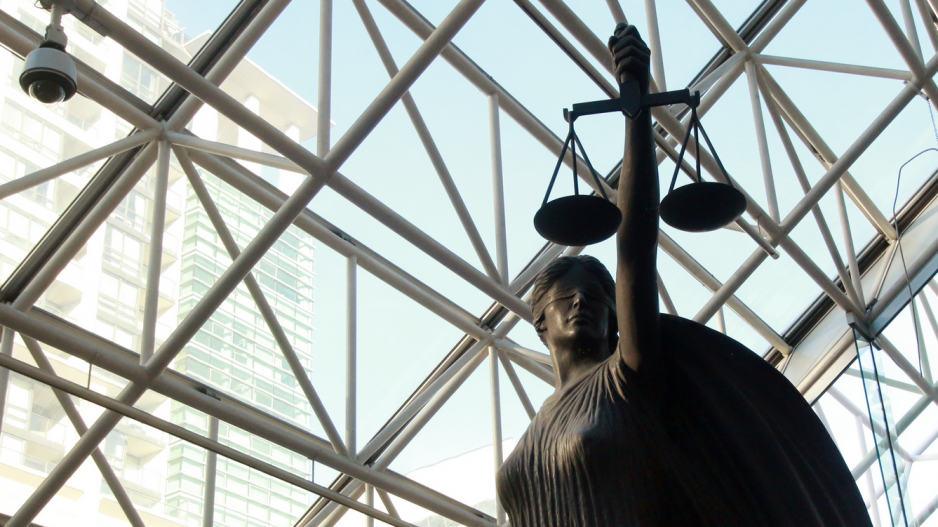The City of Vancouver will have to boost its commitment to paid sick leave for local firefighters, according to a recent arbitration decision that could have ripple effects across the region.
A collective agreement between the city and the Vancouver Firefighters’ Union Local 18 states firefighters claiming sick leave would be paid by the local government. But for the first four sick days a firefighter takes in a year, the city would then invoice a fund set up by the union, which is paid into by employees.
Under two amendments to the province’s Employment Standards Regulation that took effect on Jan. 1 and March 31, 2022, the B.C. government now requires employers to fund up to five days of paid sick leave – a move that came as part of the government’s response to the COVID-19 pandemic.
While the worker-funded sick leave kicked in at six months of employment, the regulations kicked in at the 90-day mark of employment.
The city, in accordance with the regulation, made available five city-paid sick days for employees between the 90-day and six-month marks.
But for employees past that six-month point, the city retained its policy of invoicing the workers’ sick leave fund for the first four sick days of the year.
The union argued this is effectively forcing employees to take unpaid sick leave before accessing paid sick leave, since the fund is paid into by employees in the first place.
But the city disagreed with that characterization, saying the union’s demands would amount to forcing the city to add an additional five days of sick leave to the existing plan.
The arbitration decision may have ripple effects for other cities – the union said there were 10 other firefighter unions with similar sick leave plans, eight of which had filed similar grievances.
The City of Burnaby, the union noted, was an outlier in that it began paying sick leave rather than forcing employees to access worker-paid funds.
The union filed for arbitration in September, and it argued the city didn’t have the option to refuse to pay statutory requirements. It pointed to a section of the law that states sick leave is employee-initiated and not a something that can or cannot be granted at the employer’s discretion.
And it argued the sick leave fund that is paid for by workers can’t be used to undermine the city’s legal obligations around sick leave.
The city disagreed with the union’s arguments, saying the employees were already entitled to five days of sick leave.
It relied on statements made by Labour Minister Harry Bains in the legislature to argue that the point of the legislation was to ensure people don’t have to choose between staying home sick and not getting paid, and going to work and potentially spreading illness.
The first amendment, which took effect on Jan. 1 of 2022, originally carved out an exception for workplaces whose policies “meet or exceed” the legal requirements of five paid sick days. And the city argued it passed that test.
With respect to the first three months of the new sick leave legislation – from Jan. 1 to March 31 last year – that stem from the first amendment, labour arbitrator Jessica Gregory agreed: the employees had access to immediate paid sick leave under the collective agreement, even if paid through the employees’ fund.
As such, the arbitrator found that the city didn’t violate the law up to that point.
But the second amendment removed the “meet or exceed” requirement and made further changes.
After that amendment took effect, the arbitrator took a different stance. The sick days as defined by the second amendment are “qualitatively different sick days” in that they’re fully paid sick days, Gregory concluded.
The union argued for $12,500 in damages against the city for each violation, but Gregory declined, saying the matter didn’t rise to the “extraordinary” standards required to award damages.
However, Gregory did order the city to pay into the fund money that was wrongfully withdrawn following March 31, 2022.


